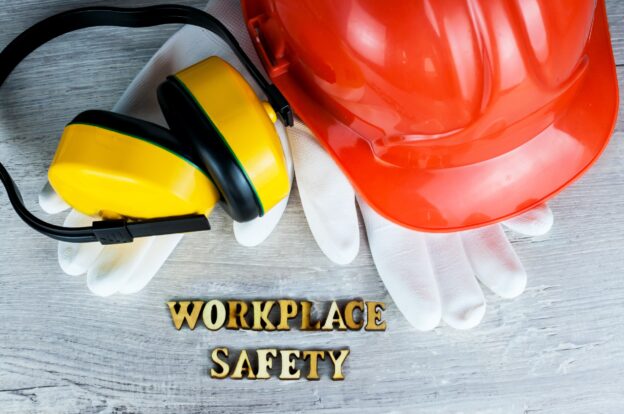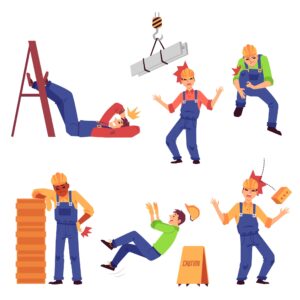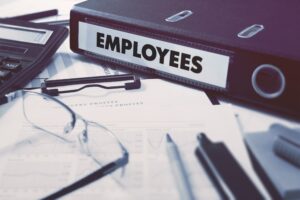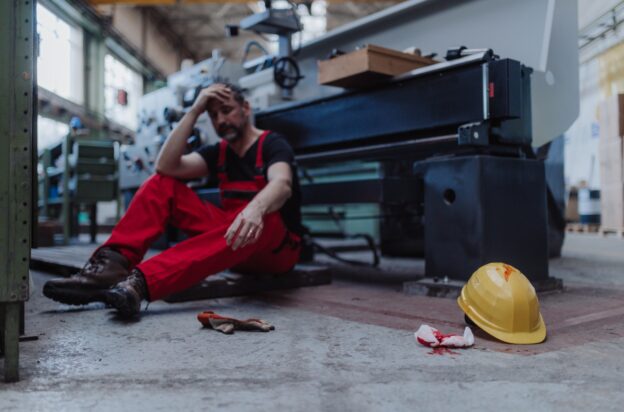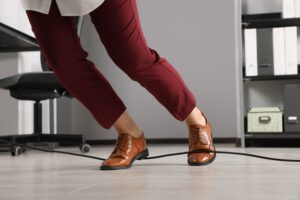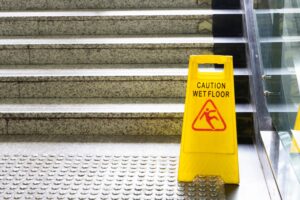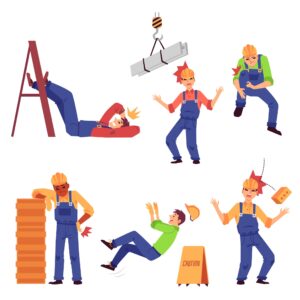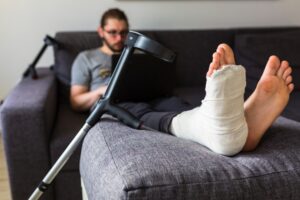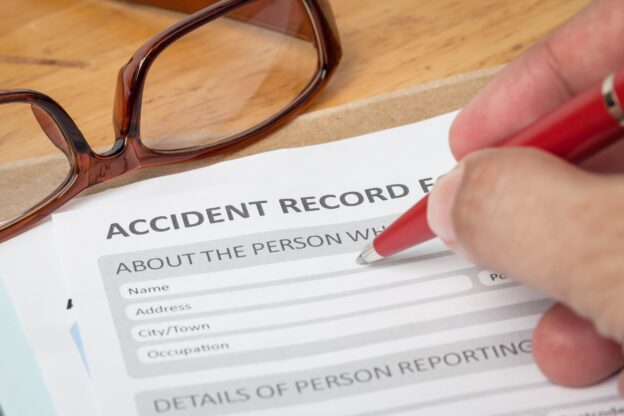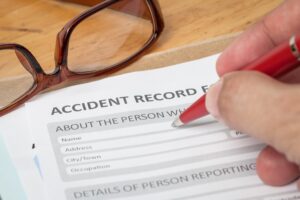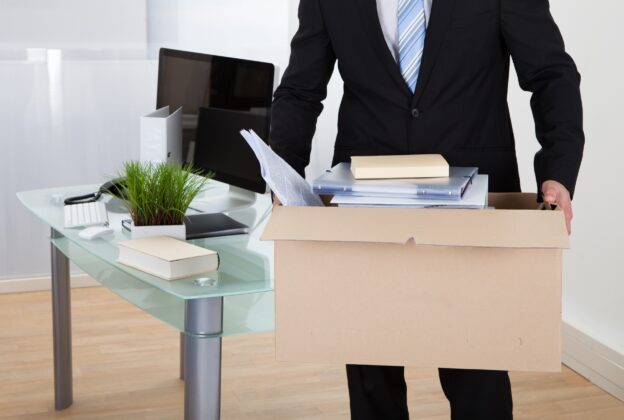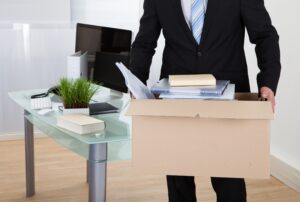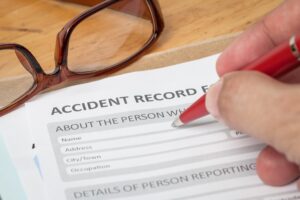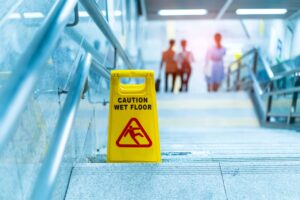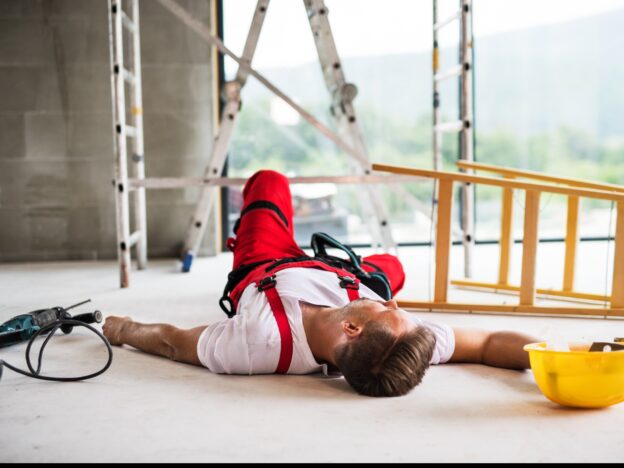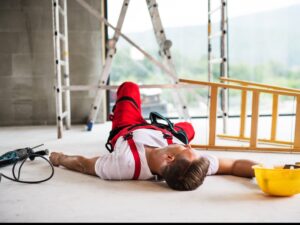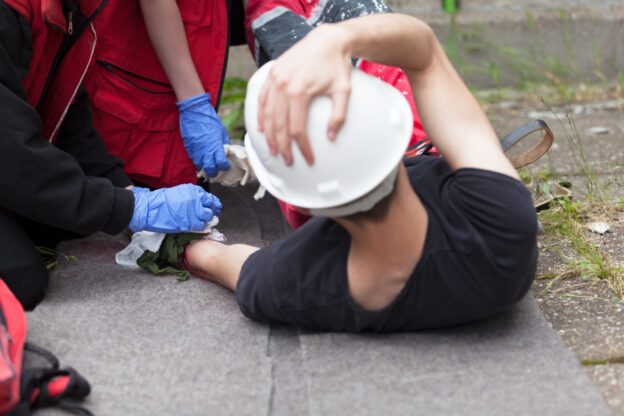If you are an employer, you may be wondering how employers can improve safety at work. In the UK, numerous employees are injured at work each year. According to the Health and Safety Executive (HSE) statistics for 2022/23, 1.8 million workers suffered from work-related ill health, with 561,000 of those workers alone sustaining an injury.
Whilst some injuries at work may not be preventable at times, there are a lot of incidents that can be avoided if the correct workplace safety practices are taken to reduce workplace hazards and risks. As such, managing workplace health and safety is extremely crucial.
As an employer, it is your legal duty to manage health and safety in the workplace. In this blog, we go into detail about this legal duty, and what reasonable steps you are expected to take in order to fulfil your duty.
We have a team of specialist advisors who can confirm whether duty of care was breached, and whether an employee has an eligible workplace accident claim or not. You can chat to our advisors at any time of day:
- Call 0330 0432925
- Fill out our contact us page.
- Message in our live chat box on the screen.
How Employers Can Improve Safety At Work
Under the Health and Safety at Work etc. Act 1974, all employers owe their employees a duty of care. This duty of care requires employers to take steps that are reasonable in order to ensure the safety of their employees while they are working and help prevent an accident at work from occurring.
If they fail to take the reasonable steps that are required from them, and an employee suffers an injury because of this, then the employer could be liable for the injury.
Below, we delve into some of these expected steps. So, if you are an employer who wants to know how employers can improve health and safety at work, please continue reading.
Perform Regular Risk Assessments
Under the Management of Health and Safety at Work Regulations 1999, all employers must identify workplace safety hazards, decide the likelihood of the hazards causing harm to employees, and take action to eliminate these hazards (or control them if they cannot be eliminated).
To achieve this, employers must perform regular risk assessments.
Here are some specific examples of where regular risk assessments are required:
- Making sure all walkways are clear of obstruction in an office space. For example, checking that there aren’t any torn bits of carpet which could lead to an employee tripping and falling over.
- Checking that all the correct workplace equipment is safe to use. For example, checking that there is no broken or faulty machinery in a factory, such as a conveyor belt.
- Checking whether there are any areas that are too hazardous, and if so, blocking them. For example, blocking off an area on a construction site where there is too high risk of debris and other heavy objects falling.
Train Employees Sufficiently
To ensure workplace safety, the appropriate training must be given. This especially applies for staff who need particular training needs, such as new employees and those who are changing job roles and are taking on new responsibilities.
Here are some specific examples of when sufficient training is required:
- Manual handling training is required for staff who need to lift heavy objects, so that they know of the correct lifting techniques. For example, retail workers who need to move delivery loads weekly. Otherwise, staff could suffer musculoskeletal disorders.
- Kitchen staff need to be trained on how to handle and use blades and knives safely in order to avoid cutting themselves or others.
- Operators of forklift trucks in a warehouse need to be trained on how to operate the trucks correctly, so that they don’t crash into anyone or any objects.
Ensure That You Have The Correct Work Equipment
Under the Personal Protective Equipment at Work Regulations 1992, where hazards cannot be eliminated, employers must provide their employees with the appropriate Personal Protective Equipment (PPE) so that the risk of injury can be reduced as much as possible.
PPE should also be regularly checked and replaced when damaged.
Here are some specific examples of when PPE is required:
- Safety goggles and/or face shields/visors/screens must be provided where there is a risk that objects, such as sawdust, can get in the eyes. For example, tree surgeons.
- Helmets and steel toe boots must be provided where there is a risk of falling objects. For example, on a construction site.
- Earplugs and earmuffs must be provided to workers who are exposed to very high-level sounds. For example, airport ground staff, who are exposed to the noise from jet engines.
Have Regular Meetings About Workplace Safety
No matter the job role, those responsible for making a safe workplace must have regular meetings to discuss whether the health and safety procedures in place are appropriate, or whether they need updating. By having employees participate in these meetings also, they can be regularly reminded of their own responsibilities for occupational safety, and things such as training can stay fresh in their minds.
Typically, the frequency of these meetings can depend on how many employees there are, and what kinds of risks there are in the workplace. For example, those working in a warehouse may need more regular health and safety meetings than those working in an office due to the higher risk of injury from machinery and heavy objects.
However, some workplace topics that need to be regularly addressed in every type of workplace include:
- Emergency routes and exits.
- Fire prevention.
- Security access and control.
Keep Up To Date Health And Safety Records
Under The Reporting of Injuries, Diseases and Dangerous Occurrences Regulations 2013 (RIDDOR), certain types of workplace injuries, work-related diseases, and near-misses must be reported to the HSE.
Some examples of certain workplace injuries that must be reported under RIDDOR include:
- Where the employee has needed more than 7 consecutive days off work to recover.
- Where there is a fatal accident at work.
- A burn or scald that covers more than 10% of the body.
- Amputation.
- Carpal tunnel syndrome.
Furthermore, if your workplace has more than 10 employees, then you must keep an accident book.
Checking the accident book, plus other health and safety records, can help identify potential hazards that aren’t as obvious in the workplace. It can also help identify any patterns of injuries, which can make your regular risk assessments more efficient.
Furthermore, updated health and safety records can help you keep track of what must be done and when. For example, records on health and safety training can help you track whether employees have completed their mandatory training, and when refresher training is needed.
Ensure You Use Safety Signs
Under The Health and Safety (Safety Signs and Signals) Regulations 1996, employers must put out safety signs where potential hazards cannot be controlled in order to help reduce the risk of injury. These signs need to be maintained and explained if an employee is unfamiliar with them.
Here are some specific examples of when safety signs are required:
- In a kitchen, ‘hot water’ signs should be displayed at sinks and ‘hot surface’ signs should be displayed near hot plates, so employees are aware of the risk of getting scalds and burns.
- Wet floor signs should always be displayed when the floor is wet to prevent slips and falls. For example, when a shop floor has been mopped.
- Warning signs should be located around the traffic route of a forklift truck in a warehouse.
Have Clear And Open Communication
It is really important for employers to maintain good communication about health and safety in the workplace, because employees:
- May have spotted a hazard which the employer hasn’t.
- Will feel more comfortable to raise concerns and will encourage employees to share their ideas on how health and safety in the workplace could be improved.
- May be more likely to communicate their concerns directly to you, rather than other safety representatives.
- Will feel that their health and safety is being taken seriously.
- Will be fully aware of all the measures in place.
The lists of examples in all the above sections are not conclusive. So, if there has been an accident in your workplace, you can have a chat with us today to discuss the circumstances of the incident.
Additionally, to learn more about how employers can improve safety at work, and about the accident at work claims process, then please contact our team.
- Call 0330 0432925
- Fill out our contact us page.
- Message in our live chat box on the screen.
Learn More About Accident At Work Claims
Here are some of our other accident at work claims guides:
- Learn if employees can claim for injuries when there is no accident book in the workplace.
- How self-employed people can make an accident at work claim.
- How compensation is calculated in a successful workplace injury claim.
Alternatively, these external resources may be of use:
- HSE – steps on how to report a workplace injury, a work-related disease, or a near-miss to the HSE under RIDDOR.
- HSE – examples of common workplace risks.
- NHS – know when to call 999.
Thank you for reading our blog post on how employers can improve safety at work. Our advisors are available 24/7 to help you if you have been injured in an accident at work.

